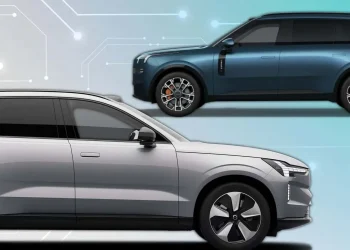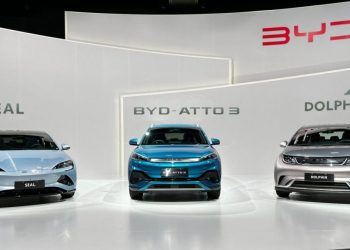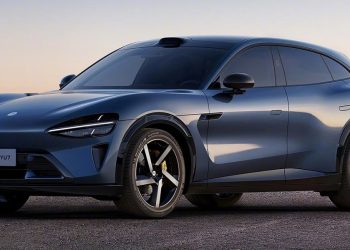Tesla Africa expansion is shifting gears as the U.S. electric vehicle (EV) giant officially opens its first African office in Casablanca, Morocco. This move signals a major play into the continent’s emerging EV ecosystem, where Chinese automakers like GAC and MojaEV are already accelerating their presence. Tesla’s African ambitions mark a turning point in a growing competition to shape the region’s sustainable mobility future.
Tesla’s Casablanca Office: A Strategic Pivot
The launch of Tesla’s office in Morocco is not a sudden move but the culmination of years of quiet groundwork. Back in 2021, Tesla began installing hybrid superchargers in key Moroccan cities including Casablanca, Tangier, Rabat, Fez, Marrakesh, and Agadir. Now, with a formal presence, Tesla is well-positioned to leverage Morocco’s extensive free-trade agreements with over 50 countries and serve as a hub for Africa-wide EV distribution.
Chinese EV Giants Expand in East Africa
While Tesla enters North Africa, Chinese manufacturers are making waves further south. In Ethiopia, Guangzhou Automobile Group Co. (GAC Group) has launched two EV models: the AION Y and ES9. At the unveiling, GAC committed to not only selling vehicles but also developing charging networks and establishing local assembly lines via its partnership with Huajian Group.
In Kenya, Nairobi-based MojaEV is taking a leap forward by moving from importing EVs to local assembly. Starting August 2025, MojaEV will begin assembling vehicles at the Associated Vehicle Assemblers plant in Mombasa, which will also handle battery and solar component production. This step comes at a time when Neta’s parent company, Hozon New Energy, enters bankruptcy review in China, underscoring the importance of local resilience.
Morocco and Egypt Lead Africa in EV Adoption
According to the Global EV Outlook 2025 from the International Energy Agency (IEA), Morocco and Egypt have emerged as African EV leaders. Both countries surpassed 2,000 EV sales each, with the continent-wide total reaching 11,000. While still a small share of overall sales, the growth is driven by government support, expanding infrastructure, and strategic efforts to align production with EU export opportunities.
Ghana Hosts Forum on EV Technology Partnerships
In Ghana, collaboration between local and Chinese academic institutions is driving EV innovation. At a forum hosted by Kwame Nkrumah University of Science and Technology (KNUST) and China’s Hubei University of Automotive Technology, experts emphasized the importance of intelligent manufacturing, lightweight EV design, and technology transfer tailored to Africa’s unique mobility needs.
Roadblocks Remain for Mass EV Adoption
Despite growing momentum, cost and infrastructure gaps continue to limit EV adoption in much of Africa. Many households still find used combustion engine vehicles unaffordable, let alone brand-new electric cars. Until local manufacturing becomes more widespread and affordable financing options improve, the path to large-scale electrification will remain slow.
Conclusion: A New Chapter in Africa’s EV Raceaerodynamic electric vehicle
The Tesla Africa expansion is not just symbolic; it represents a new chapter in Africa’s journey toward cleaner, more sustainable transport. As global EV giants position themselves for long-term dominance, African governments, universities, and entrepreneurs are working to ensure local interests are embedded in this transitionTesla.
For further reading, see the Global EV Outlook 2025 by IEA and our in-depth feature on MojaEV’s local assembly ambitions.











